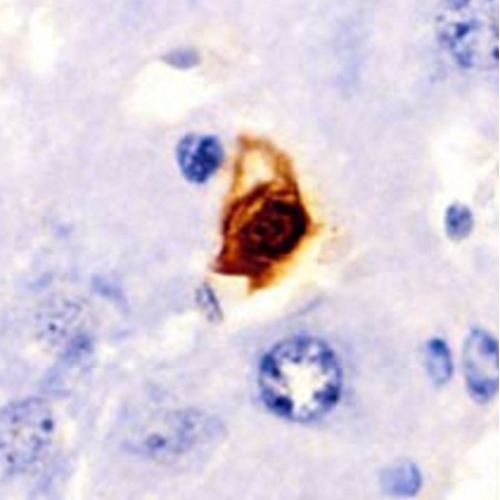Key points from article :
Scientists are exploring whether drugs that clear out “zombie cells” could slow ageing and extend healthy lifespan. A new clinical trial at St. Jude Children's Research Hospital is testing senolytic drugs—designed to eliminate senescent cells—on childhood cancer survivors who show signs of accelerated ageing due to past cancer treatments. These patients, despite being in their 30s or 40s, exhibit frailty similar to people decades older. Researchers hope that eliminating senescent cells could improve their physical function and long-term health.
Senescent cells accumulate with age, stop dividing, and release inflammatory signals that contribute to diseases like heart disease, Alzheimer’s, and cancer. Studies in mice suggest that removing these cells can restore tissue function and extend lifespan. Human trials are now underway, testing drugs like dasatinib (a chemotherapy drug) and natural compounds such as quercetin and fisetin. Early trials suggest potential benefits for chronic lung disease and Alzheimer’s, but their long-term safety in healthy individuals remains uncertain.
Beyond drugs, scientists are exploring a potential "ageing vaccine" that selectively targets harmful senescent cells without affecting those involved in healing. While promising, researchers caution that senescence is only one part of ageing, and removing these cells alone may not be enough. The next steps involve improving ways to measure senescent cell accumulation and understanding how best to use these treatments for real-world ageing and disease prevention.






